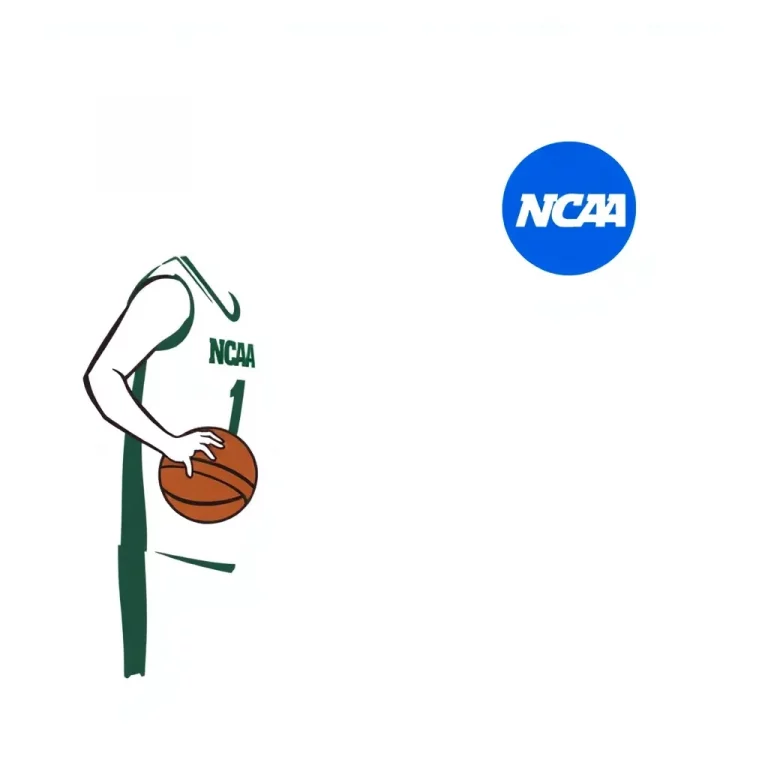In a developing story out of Indianapolis, it seems that major changes could be on the horizon for college athletes. Reports indicate that the NCAA is considering a new rule that would grant players an extra year of eligibility, providing them with a total of five seasons to compete in all sports. This topic is set to be discussed by the NCAA early this year.
As it stands, athletes currently have four seasons to play within a five-year span. This rule was somewhat relaxed during the COVID-19 pandemic, as athletes were given up to six years to complete their eligibility. The thought of extending eligibility to five years is not brand new. Back in 2014, former Florida State coach Jimbo Fisher advocated for this change, highlighting the developmental benefits it could provide for young players. Fisher commented on the challenges faced by freshmen, arguing that an extra year could make a significant difference in their growth and readiness to contribute to the team.
“We just have to make decisions too quickly,” Fisher said, referring to how coaches often need to determine whether to redshirt players by Game 5 or 6. “With an extra year, those freshmen may develop further and be able to step in late in the season and help the team.”
More recently, USC head coach Lincoln Riley shared similar sentiments. He thinks having five years of eligibility would not only benefit player development but also provide more flexibility in managing injuries throughout the season.
This news comes amid ongoing legal issues surrounding eligibility rules, notably a lawsuit filed by Vanderbilt’s quarterback Diego Pavia. Pavia believes that his past seasons at a junior college should not impact his NCAA eligibility, suggesting that current rules might infringe upon antitrust laws. His case has drawn attention, particularly after a judge allowed him the opportunity to seek another year of eligibility, spurring further discussion around the NCAA’s existing regulations.
As the NCAA prepares to meet, college athletes and coaches alike are watching closely to see if the proposed rules will lead to significant shifts in the landscape of college sports eligibility. The expected final decision on Pavia’s case and any potential rule changes will likely set important precedents for the future of college athletics.



